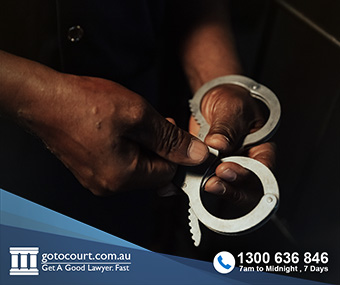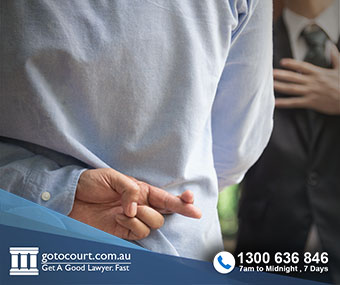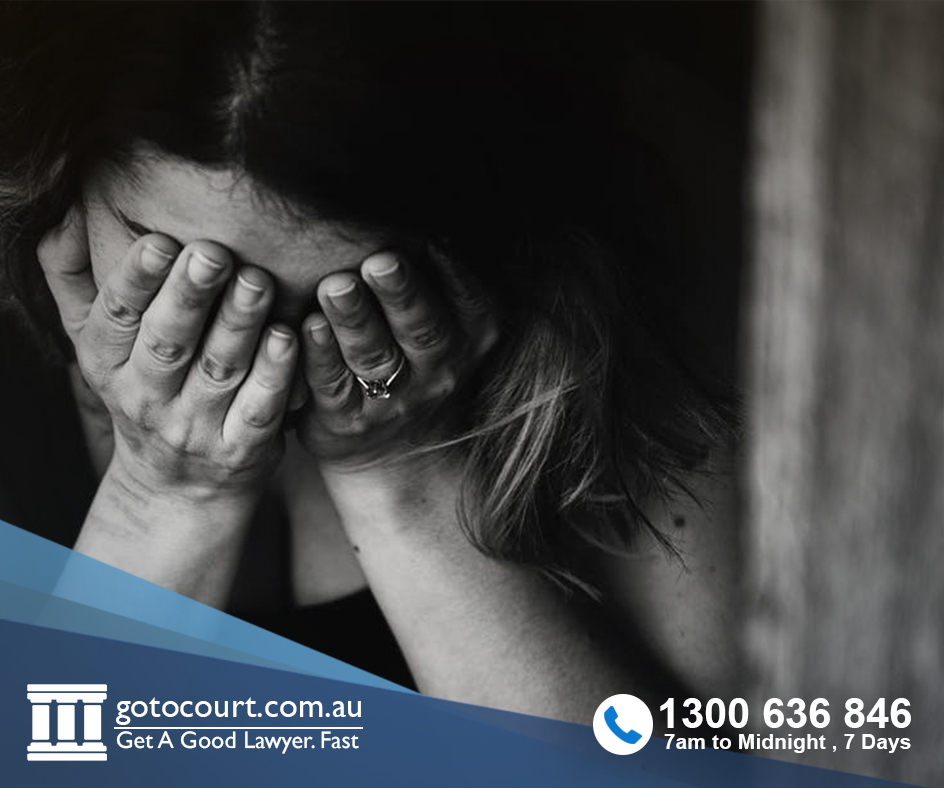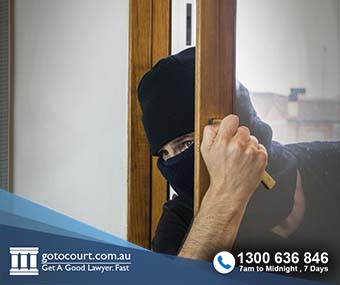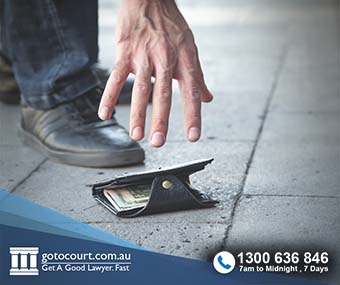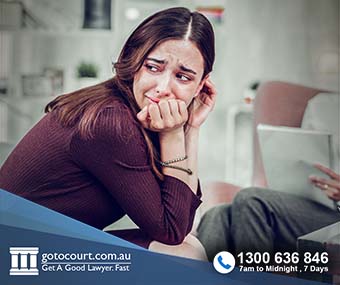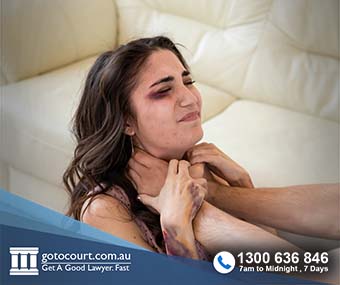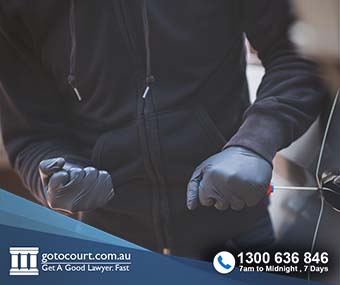Call our lawyers
now
or,
have our lawyers
call you
Consorting (NSW)
Updated on Nov 22, 2022 • 4 min read • 511 views • Copy Link
Consorting (NSW)
Context
The offence of ‘consorting’ was until recently disused and widely considered to be archaic. It was reintroduced in New South Wales in 2012 in a bid to combat organized crime, in particular the growth of outlaw motorcycle clubs. Similar offences were reintroduced in other jurisdictions over the following years. The modern definition of consorting is habitually associating with someone, either in person or by any other means, including by electronic or other form of communication. The law operates to prevent an individual, even if he or she has no criminal record themselves, from associating with offenders who have been convicted of an indictable offence.
The Legislation
The New South Wales Crimes Act 1900 (NSW) states:
- A person who:
- Habitually consorts with convicted offenders, and
- Consorts with those convicted offenders after having been given an official warning in relation to each of those convicted offenders is guilty of an offence.
- A person does not ‘habitually consort’ with convicted offenders unless:
- The person consorts with at least 2 convicted offenders (whether on the same or separate occasions), and
- The person consorts with each convicted offender on at least 2 occasions.
- An ‘official warning’ is a warning given by a police officer (orally or in writing) that:
- A convicted offender is a convicted offender, and
- Consorting with a convicted offender is an offence. (Section 93X)
The maximum penalty for an offence of consorting is imprisonment for 3 years, or a fine of 150 penalty units, or both.
Defence to Consorting
The Crimes Act 1900 sets out a legislated defence to consorting, which covers situations where people could not be expected to avoid keeping company with known offenders. This section states that the following forms of consorting are to be disregarded if the defendant satisfies the court that the consorting was reasonable in the circumstances:
- Consorting with family members;
- Consorting that occurs in the court of lawful employment or the lawful operation of a business;
- Consorting that occurs in the course of training or education;
- Consorting that occurs in the course of the provision of a health service;
- Consorting that occurs in the course of the provision of legal advice; and
- Consorting that occurs in lawful custody or in the course of complying with a court order. (Section 93Y)
The onus lies on the defendant in each of these examples to satisfy the court that the consorting, or association, was reasonable in the circumstances.
Criticisms of the Law
The NSW Ombudsman released a report in April 2016 discussing concerns about this law and its practical application in society. The concerns ranged from human rights and the infringement on freedom of association, to the ability of this law to further marginalize disadvantaged and vulnerable people. It also pointed out that the law impedes efforts by community organisations and agencies to rehabilitate offenders and reintegrate people into the community following a custodial sentence.
There are also practical problems with laws that criminalise ordinary social interactions. Police are given a wide discretion and the individuals given consorting warnings may not be meeting for any criminal purpose. Simply meeting with convicted offenders for lunch or a coffee may invoke the use of the consorting legislation by Police Officers.
The law was introduced in response to increased organised crime activity, in particular the growth of outlaw motorcycle clubs. But those involved in low level street crime can be targeted in the same way as high ranking organised crime gang members.
The original purpose of the legislation has been clouded by its practical application. The simplistic nature of the legislation means there are few avenues available to contest such warnings or charges beyond the statutory defence.
The unintended result of the law is to create ‘criminals’ out of individuals who have had no previous run ins with the law and who have simply associated with the ‘wrong crowd’. It can also have the effect of victimising those who are disadvantaged or vulnerable.
If you have received an ‘official warning’ or have been charged with consorting and require some legal advice, an explanation of your rights, or detail about the ramifications of such a charge, call Go To Court Lawyers on 1300 636 846 to make an appointment with one of our criminal lawyers.


Affordable Lawyers
Our Go To Court Lawyers will assist you in all areas of law. We specialise in providing legal advice urgently – at the time when you need it most. If you need a lawyer right now, today, we can help you – no matter where you are in Australia.How It Works








1. You speak directly to a lawyer
When you call the Go To Court Legal Hotline, you will be connected directly to a lawyer, every time.


2. Get your legal situation assessed
We determine the best way forward in your legal matter, free of charge. If you want to go ahead and book a face-to-face appointment, we will connect you with a specialist in your local area.


3. We arrange everything as needed
If you want to go ahead and book a fact-to-face appointment, we will connect you with a specialist in your local area no matter where you are and even at very short notice.







